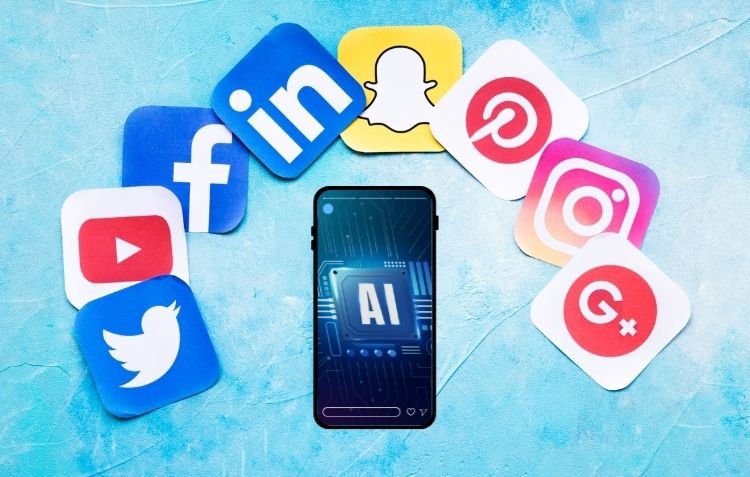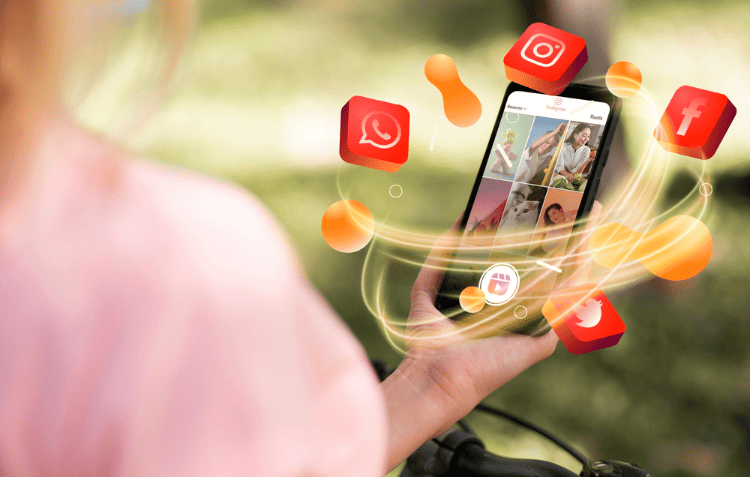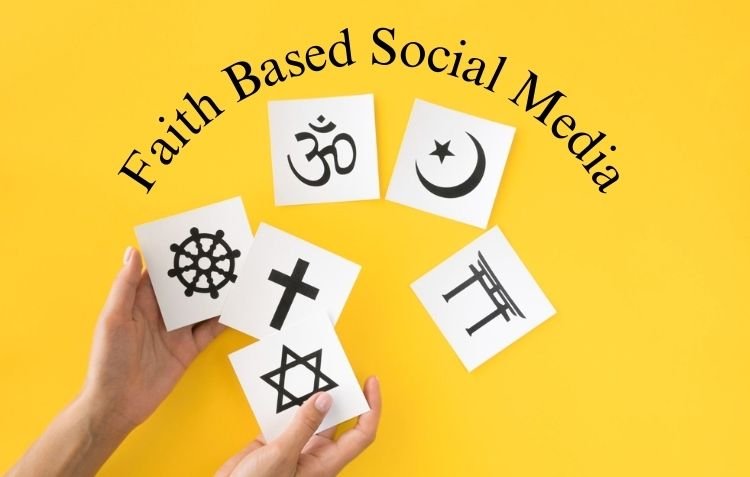How AI and Social Media Will Revolutionize Recruiting Forever
Recruiting has always been the backbone of building a successful organization, but the game is changing fast. In today’s tech-driven world, AI and social media are transforming the recruitment landscape in ways we could only imagine a decade ago. From uncovering hidden talent pools to streamlining the hiring process, these technologies are not just trends—they’re shaping the future of how we find and hire talent.
A recent study by LinkedIn revealed that over 84% of companies are now using AI tools in their hiring process, and platforms like LinkedIn, Facebook, and even Instagram are becoming central to sourcing candidates. This shift isn’t just about saving time; it’s about making smarter, data-driven hiring decisions. Imagine AI analyzing millions of profiles in seconds or social media networks predicting cultural fits based on public data.
But what does this mean for recruiters, job seekers, and businesses? This article delves into how AI and social media will revolutionize recruiting, exploring real-world examples, industry insights, and actionable strategies. As the use of AI in recruitment grows, it’s essential to consider ethical concerns of AI, such as biases and data privacy, to ensure responsible implementation.
The Role of AI in Recruitment
AI has emerged as a game-changer in recruitment, redefining how companies find and hire talent. By automating repetitive tasks and delivering data-driven insights, AI enables recruiters to focus on strategic decision-making rather than administrative work. AI tools have significantly changed the job market, enabling recruiters to automate tasks like screening while creating new opportunities for employment, as highlighted in this analysis of the impact of AI on employment.
Automating Time-Consuming Processes
One of AI’s biggest contributions to recruitment is its ability to handle time-consuming tasks like resume screening. Tools such as HireVue and Pymetrics use AI to analyze hundreds of resumes in seconds, filtering candidates based on skills, experience, and relevance. According to a study by SHRM, AI-powered systems can reduce the time-to-hire by as much as 50%, enabling recruiters to connect with the right candidates faster.
Enhanced Candidate Matching
AI algorithms analyze vast amounts of data to match candidates to job openings more effectively. By evaluating factors such as job descriptions, candidate profiles, and even cultural fit, AI ensures a more precise alignment between roles and applicants. For instance, platforms like LinkedIn Talent Insights use machine learning to recommend candidates who may not actively be job-seeking but perfectly match the job criteria.
Predictive Analytics for Better Hiring Decisions
AI goes beyond current capabilities by using predictive analytics to forecast candidate success. For example, tools like Eightfold AI assess an applicant’s potential based on their career trajectory, past performance, and skills growth. This helps recruiters make more informed decisions, reducing the likelihood of bad hires—saving companies both time and money.
Eliminating Bias in Hiring
AI is also helping to minimize unconscious bias in recruitment by focusing solely on data points. Systems like Textio analyze job descriptions for biased language and recommend changes to attract a more diverse pool of candidates. However, ensuring fairness in AI systems still requires human oversight.
The Influence of Social Media on Recruitment
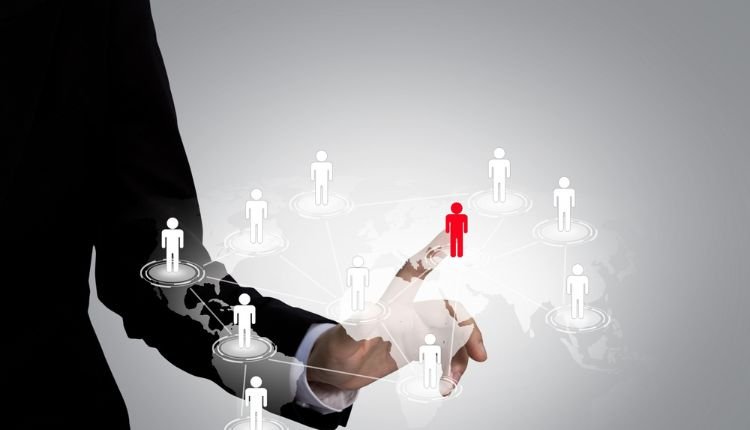
Social media is no longer just a platform for sharing updates—it has become a powerful tool in recruitment. With billions of active users worldwide, platforms like LinkedIn, Facebook, and Instagram allow recruiters to tap into a vast pool of potential candidates while showcasing their company’s brand and culture. Recruiters increasingly leverage evolving social media trends in 2024 to connect with talent pools and market job openings more effectively.
Expanding Talent Pools Beyond Boundaries
Social media enables recruiters to connect with talent across the globe. According to LinkedIn, 73% of recruiters have successfully hired candidates through social media, highlighting its growing significance in sourcing top talent. Platforms like LinkedIn Recruiter allow organizations to filter candidates based on skills, experience, and location, making it easier to find the right fit, whether locally or internationally.
Employer Branding and Attracting Passive Talent
Social media serves as a platform to showcase a company’s culture, values, and achievements. Companies like HubSpot and Adobe effectively use Instagram and LinkedIn to share employee stories, behind-the-scenes content, and workplace perks, making them attractive to passive candidates who aren’t actively job-hunting but are open to new opportunities. A Glassdoor study found that 69% of job seekers are more likely to apply for a job if the company actively manages its brand on social media.
Engaging with Candidates in Real-Time
Unlike traditional methods, social media allows recruiters to engage directly with candidates in real time. Features like LinkedIn’s InMail or Facebook’s direct messaging enable personalized communication, building stronger relationships with potential hires. Additionally, job postings on platforms like Twitter and Instagram Stories create opportunities for instant applications.
Leveraging Social Media Analytics
Advanced analytics on platforms like LinkedIn and Facebook Insights provide data about engagement, candidate demographics, and application trends. This data allows recruiters to refine their strategies, targeting the right audiences and improving overall hiring outcomes.
The Intersection of AI and Social Media in Recruitment
AI and social media are not just powerful individually—they create a transformative synergy when combined. Together, they enable recruiters to discover talent, refine their strategies, and make smarter decisions with unparalleled efficiency. Integrating social media analytics tools with AI-driven insights empowers recruiters to refine their strategies and make data-informed hiring decisions.
AI-Powered Social Media Insights
AI tools integrated into social media platforms analyze user behavior, interests, and activity patterns to help recruiters identify ideal candidates. For instance, LinkedIn’s AI-driven Talent Insights scans profiles, posts, and engagement to recommend candidates who align with the company’s needs—even if they aren’t actively job-seeking. Similarly, platforms like Facebook and Twitter use AI algorithms to deliver highly targeted job ads based on user data such as skills, location, and career interests.
Streamlined Communication and Engagement
AI-powered chatbots on social media platforms simplify candidate engagement by automating responses to FAQs, scheduling interviews, or even conducting preliminary screening. For example, chatbots on platforms like Facebook Messenger can guide applicants through the hiring process in real time, ensuring a seamless experience.
Predicting Cultural Fit
AI algorithms leverage social media data to predict cultural fit by analyzing publicly available content like shared articles, comments, or endorsements. This predictive capability allows recruiters to assess how well a candidate’s values align with the company’s mission.
Real-World Impact of AI and Social Media on Recruitment
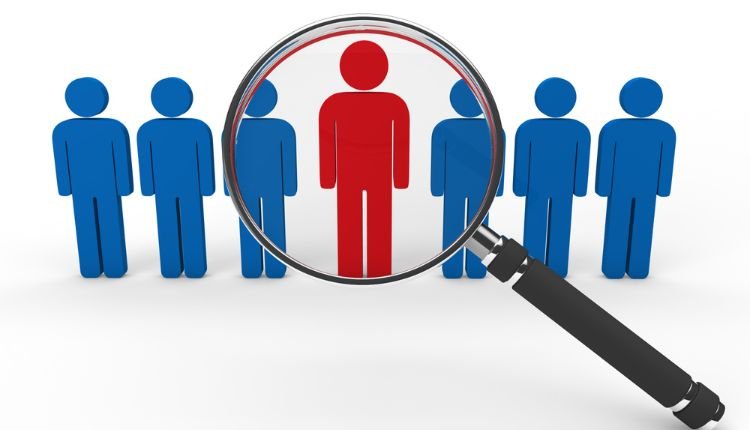
The integration of AI and social media in recruitment has already delivered measurable results across industries, transforming how organizations attract, evaluate, and retain talent.
Improved Candidate Sourcing
Companies like Unilever have embraced AI-driven social media strategies to streamline hiring. Unilever implemented AI tools to analyze applicants’ LinkedIn activity and match them with job requirements. The result? They reduced the hiring process timeline by 75% while ensuring a higher match rate between candidates and roles.
Enhanced Diversity and Inclusion
AI and social media also empower organizations to target diverse talent pools. For example, platforms like LinkedIn Recruiter use AI to remove biases in candidate suggestions, ensuring that hiring decisions are driven by merit. Additionally, social media campaigns focused on inclusivity allow companies to highlight diversity initiatives and attract candidates from underrepresented groups.
Cost and Time Efficiency
The automation capabilities of AI-powered social media tools significantly reduce costs. For instance, L’Oréal uses AI chatbots on social media to engage candidates and complete pre-screening. This reduced their recruitment costs by 30%, enabling recruiters to focus on more strategic tasks.
The Future of Recruitment: Trends to Watch
As technology continues to evolve, AI and social media will play an even bigger role in shaping the future of recruitment. Emerging trends indicate a shift toward greater personalization, automation, and inclusivity. Future trends will likely focus on AI’s deep learning and adapting to new social media trends to engage younger, tech-savvy candidates.
Hyper-Personalized Candidate Experiences
AI-driven tools will enable hyper-personalization in recruitment. From tailoring job recommendations to customizing communication, companies will create unique experiences for every candidate. Tools like AI Resume Builders and advanced LinkedIn algorithms will deliver job matches and skill suggestions tailored to individual profiles, increasing engagement and retention rates.
Rise of Video-Based Recruiting
Social media platforms like TikTok and Instagram are pushing the boundaries of how companies present their job openings. Short-form videos showcasing company culture, roles, and employee testimonials will become standard, appealing to younger, tech-savvy job seekers.
Ethical AI in Recruitment
As AI adoption grows, the focus on ethical and unbiased algorithms will intensify. Companies will invest in AI auditing tools to ensure fair hiring practices and maintain candidate trust.
Augmented Reality (AR) for Virtual Hiring
AR tools will revolutionize virtual recruitment, allowing candidates to “tour” workplaces or participate in interactive onboarding sessions, fostering stronger connections even before joining the company.
Final Thoughts
The integration of AI and social media is reshaping recruitment in profound ways, making it more efficient, data-driven, and inclusive. From advanced algorithms that identify top talent to social platforms that amplify employer branding, the possibilities are limitless.
However, as with any technological evolution, maintaining ethical practices and fostering human connections will remain essential. Recruiters must balance automation with empathy, ensuring that candidates feel valued throughout the hiring journey.
Looking ahead, the fusion of AI and social media will continue to drive innovation in recruitment, offering exciting opportunities for companies and job seekers alike. By staying ahead how AI and social media will revolutionize recruiting, organizations can not only attract top-tier talent but also build stronger, more diverse teams that align with their values.
FAQs
How will AI change recruiting?
AI will automate repetitive tasks like screening resumes, enabling recruiters to focus on strategic activities. It can identify the best candidates faster by analyzing vast datasets and assessing skills more accurately. Additionally, AI enhances candidate experiences through personalized communication.
How has social media impacted recruiting?
Social media has broadened recruiters’ reach, helping target passive candidates and diverse talent pools. Platforms like LinkedIn enable recruiters to assess professional networks and engage directly with candidates. It has also created transparency, allowing candidates to evaluate company culture.
How are companies using AI to 100x their recruiting?
Companies use AI-powered tools to streamline workflows, predict candidate success, and personalize job recommendations. Chatbots handle queries, while AI integrates with Applicant Tracking Systems (ATS) to optimize hiring decisions at scale. These advancements reduce costs and time-to-hire.
How is AI transforming the future of HR?
AI in HR is revolutionizing talent acquisition, performance management, and employee engagement through predictive analytics and automation. It aids in reducing biases, improving decision-making, and personalizing employee development plans. HR teams are leveraging AI to enhance organizational efficiency and inclusivity.
What are the benefits of AI in recruiting?
AI improves efficiency by automating repetitive tasks, reduces unconscious bias in hiring, and enhances candidate experiences through tailored interactions. It also enables data-driven hiring decisions and accelerates the recruitment process, saving time and costs for organizations.

